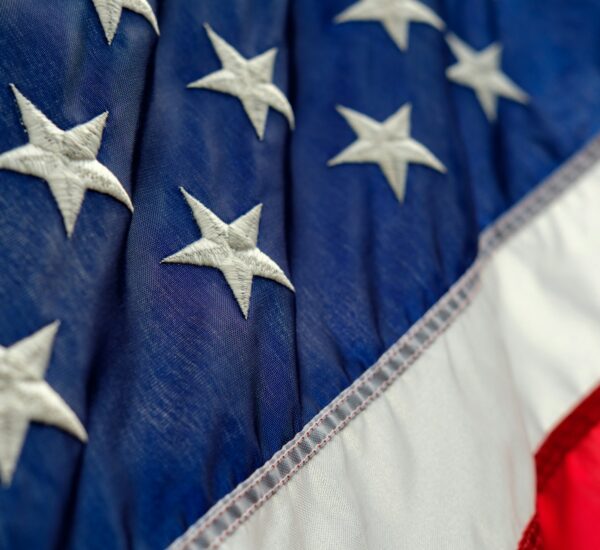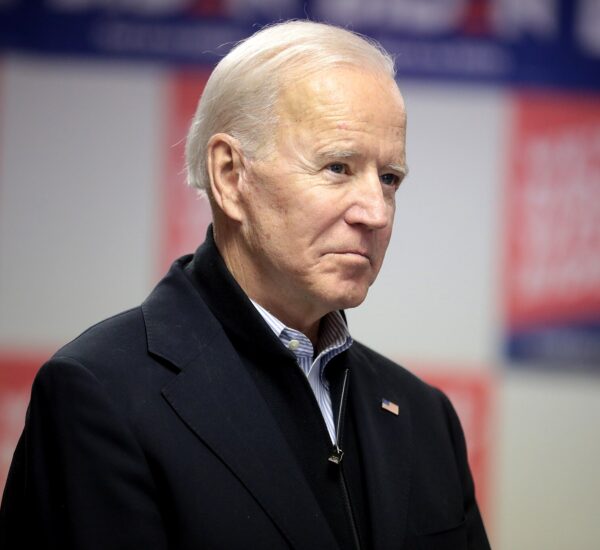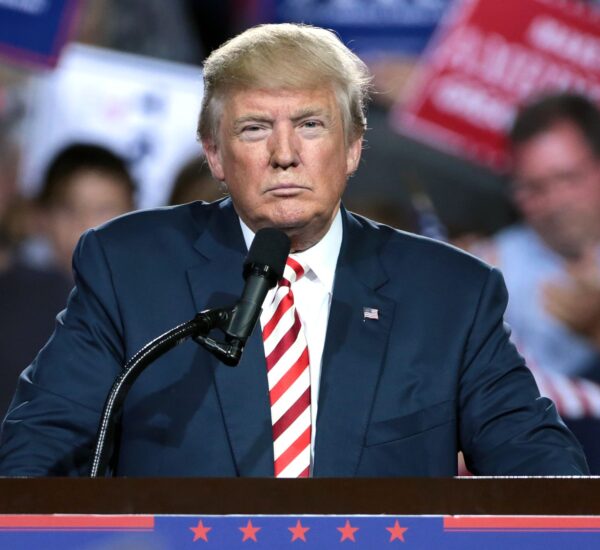Trump’s Plan To Tackling Rising Childcare Costs
At a recent gathering with business leaders, former President Donald Trump unveiled his vision for a “national economic renaissance,” emphasizing that his proposed increase in tariffs on foreign imports could address a range of issues, including the rising cost of childcare in the U.S. This assertion has sparked debate among economists, who question the connection between tariffs and childcare expenses.
Trump, the GOP presidential nominee, laid out his ambitious economic agenda, which includes raising tariffs, cutting regulations to enhance domestic energy production, and implementing significant reductions in government spending and corporate taxes for companies that produce within the United States.
In his address to the Economic Club of New York, Trump was asked about his plans to lower childcare costs to facilitate greater participation of women in the workforce. He asserted that “childcare is childcare; it’s something you have to have in this country,” and then proposed that his tariff strategy would address these costs. According to Trump, the increased revenue from higher tariffs would be substantial, making the current costs of childcare relatively minor in comparison.
Trump’s advocacy for tariffs aligns with his broader appeal to working-class voters who are critical of free-trade agreements and the outsourcing of American jobs. He posits that tariffs can generate significant revenue without burdening consumers with higher prices. This contrasts with his critique of his opponent Kamala Harris’ proposed corporate tax increases, which he argues would ultimately lead to job losses and reduced incomes for workers.
However, some economists caution that increased tariffs could have similar adverse effects, potentially driving up prices for consumers and impacting businesses. In 2023, the U.S. imported goods worth $3.8 trillion, and Trump has previously suggested imposing universal tariffs of at least 10%. While the specifics of his tariff implementation remain unclear, he has consistently advocated for this approach as a means to bolster the U.S. economy.
In addition to his tariff plan, Trump announced he would declare a “national emergency” to boost domestic energy production and cut ten existing regulations for every new regulation introduced. He also revealed that Tesla and SpaceX CEO Elon Musk would lead a commission to conduct a financial audit of the federal government, aiming to identify ways to save trillions of dollars.






At 87, highly educated, with 36 years as a university
administrator/Economics professor, over 100 PAID
Corporate consultations,and 65 years of careful,
thoughtful voting; i’ve learned a little about elections
and politicians. These days politicians have a problem staying FOCUSED ON AUTHENTIC POLICY
ISSUES. Instead far too much childish name-calling
and “hurt feelings” reactions, STIMULATED BY THE
IGNORANT MEDIA POLITICAL PARTY PIMPS create
even more distractions.Frankly the lack of focus on ECONOMIC LITERACY is appalling. About 90% of
all politicians COULD NOT PASS the Introducton to
ECONOMICS class I taught to more than 15,000
17 to 19 year old Freshmen.
Currently the TOTAL DRIVEL EMANATING FROM
Harris/Walz is the worst display of ECONOMIC
ILLITERACY I have seen in 65 years. It’s the most
DESTRUCTIVE NONSENSEand if carried out, WILL DESTROY AMERICA.